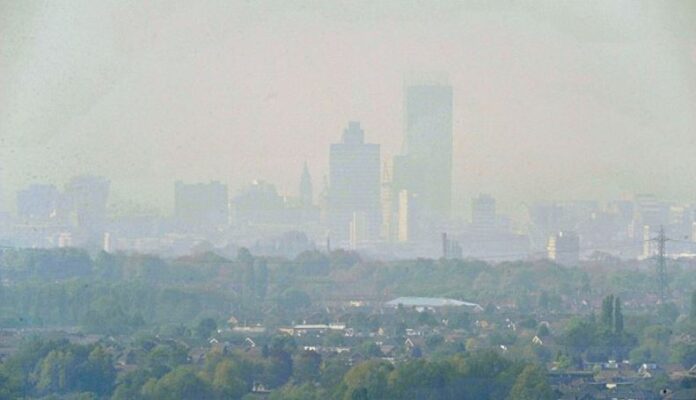MP’s say that it is too difficult for the public to find information about air quality in their local area or what is being done by central and local government to address persistent breaches of legal air pollution limits, leaving them less able to take action to protect themselves.
Members of the Public Accounts Committee say that poor air quality can cause significant damage to people’s health and harms the environment, but progress to address illegal levels of nitrogen dioxide pollution in 64 local authorities is slow, and current policy measures are insufficient to meet 4 out of 5 of the 2030 emissions ceiling targets set for the UK as a whole.
Issues of poor air quality are often highly localised: breaches of legal limits on the strategic road network are estimated to directly affect 240 to 250 houses or properties across the country, with levels of pollution dropping off quickly away from the road.
But there is a high level of uncertainty in government’s model for assessing pollution levels, which may mean that further areas of poor air quality are missed. The lack of good, accessible information on air quality risks leaving residents with limited ability to adapt their behaviour to protect their health and may impact public acceptance of air quality measures such as the potentially “extremely intrusive” nine-metre-high barriers mooted for the centre of Guildford.
Tackling local air quality issues requires local and national government to work together, but “central government has not always got the balance right”, being “prescriptive in some respects while seeming to avoid responsibilities that naturally sit at a national level in others”.
Dame Meg Hillier MP, Chair of the Public Accounts Committee, said:
“A coroner who found air pollution was material in the death of a little girl who lived near London’s South Circular Road called for legal limits to be lowered, saying there is “no safe level of particulate matter” in the air. But current legal limits are regularly being exceeded and the public are not getting enough information about these dangerous breaches to adapt their behaviour in order to protect their health.
Government doesn’t actually know how much public money is being spent addressing air quality across all departments, which does not suggest the integrated approach necessary to tackle this potentially deadly issue.”







